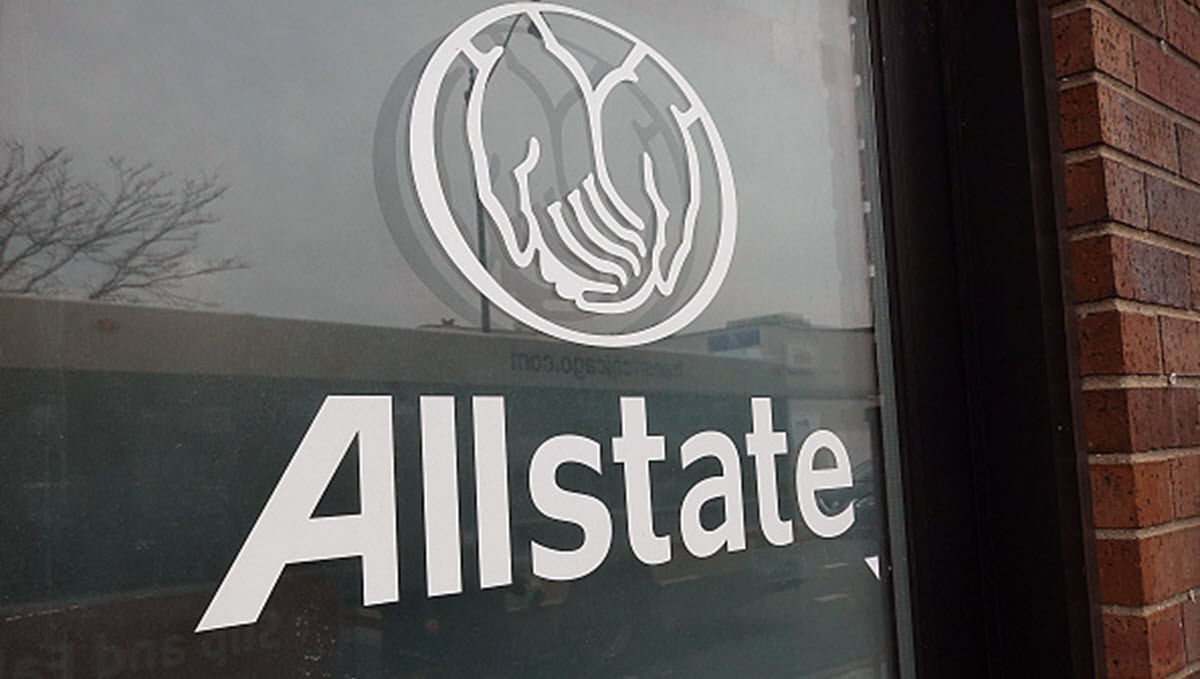Disabled parking placards give drivers with a legitimate disability priority spaces and free parking at meters. But as the NBC Bay Area Investigative Unit uncovered, these placards are often abused by some Alameda County workers.
After receiving a tip from a viewer, the Investigative Unit spent weeks of surveillance at a four-block area of Oakland near 4th Street and Washington Avenue.
Our viewer became suspicious after noticing that nearly every car in the area had a disabled placard.

The corner is home to several Alameda county services including the Coroner’s office, County Health Services, and the Sheriff’s office.
Over the course of a month this winter, NBC Bay Area set up watch and tracked 25 drivers using a disabled placard or license plate to park for free all day. Several drivers with placards were caught on camera running from their cars and carrying boxes. Once—a woman using a disabled license plate was spotted balancing single-footed on high heels removing items from the trunk of her Ford Mustang. While you can't always spot a disability just by looking at someone, we could see why this spot stood out.
Experts say often abusers use someone else’s disability—and their placard--to their advantage.
Of the 25 drivers in Oakland tracked by NBC Bay Area, 12 were using a placard or plate that that belonged to someone else. Public records confirmed that most of those abusing placards work for the county.
Several of the employees who were spotted with a placard were confronted: Are you the rightful owner?
“Yes, it is my mom’s,” one driver answered. “And she puts me on as her driver to take her places.”
But the Investigative Unit’s cameras caught her on multiple days, using the placard to park for free, all day, while her mother was nowhere in sight.
“She’s at home, I just left her,” the driver explained.
A second driver acted confused when asked about the placard in her minivan, but later admitted it was her father’s.
A third driver initially said she was using her own disabled placard. But when confronted and told that DMV records showed it belonged to someone else, she backtracked and said, “Oh. Well, it must be my mother’s.” She later claimed her mother volunteered inside the county building. Still, on the two times she was observed, her mother was not with her.
The Department of Motor Vehicles issues only one placard per person. Drivers are not permitted to use them without a placard owner in the car.
All three workers we questioned admitted to using a relative’s placard while they parked for free.
DMV Investigator Calvin Woo acknowledges that catching placard abusers is a top priority for the department.
“It’s pretty egregious activity,” Woo said.
Some doctors feel abusing disabled placards is indeed unconscionable. Brentwood cardiologist Walter Savage said he issues just one to two disabled placards a year for his patients because he wants to promote exercise and he is sensitive to abuse.
“I get a request at least once a week,” Savage said. “My biggest pet peeve is if Grandma has a placard, the son, daughter, or family member feels that entitles them to free parking too.”

Over a ten year period, the number of placards on the streets has nearly doubled, rising from 1.3 million in 2001, to 2.4 million in 2011, according to the DMV.
Woo believes that the increase in placards has contributed to an increase in abuse.
And it’s not chump change. At $2 an hour, the city could collect up to $20 a day at each meter on the block at 4th Street and Washington. That adds up to $3,000 a week in just this four block area. We followed a parking meter collector who found many meters empty.
Local
Last year, Oakland parking officers issued 99 citations for placard abuse, netting nearly $50,000, but the city estimates it loses $150,000 every year due to placard abuse. Currently there are only two officers dedicated to fighting abuse for the entire city. Violators face up to $2,000 in fines and up to six months in jail.
Woo admitted that it’s difficult for investigators to find placard abusers because they must be caught in the act. The department relies on help from the public to identify hot spots.
If you have a tip, DMV investigators recommend you get a description of the driver as well as a shot of their placard number and license plate to report abuse. You can submit tips by clicking here.



